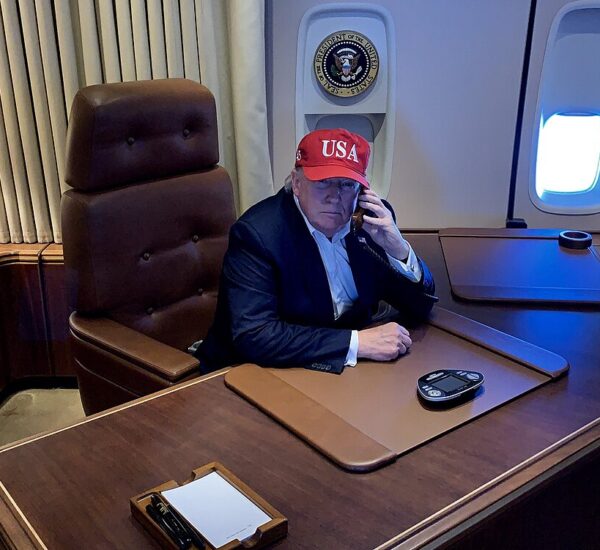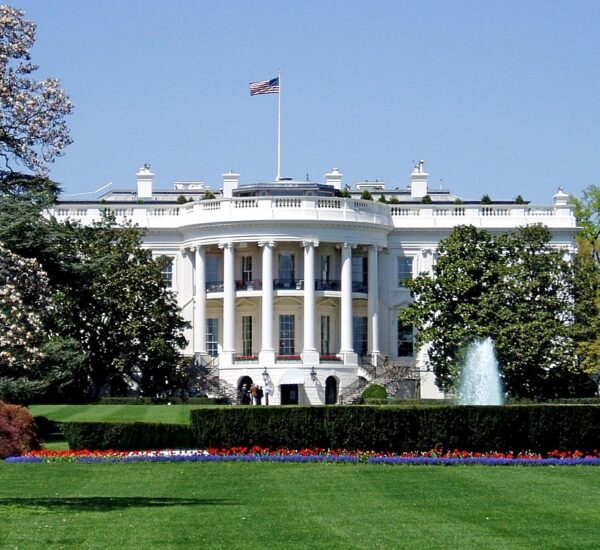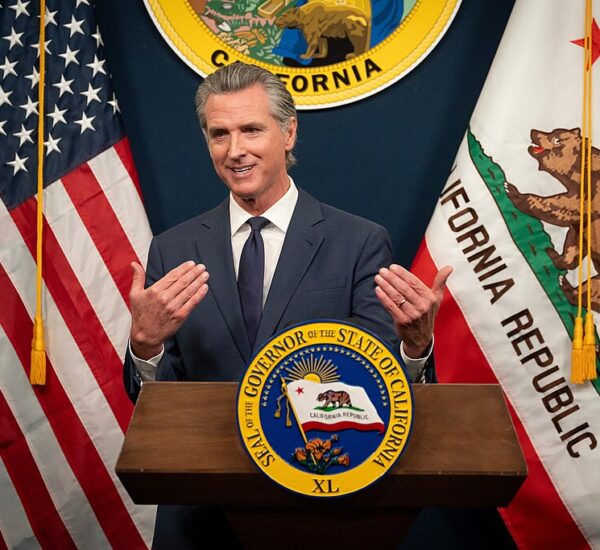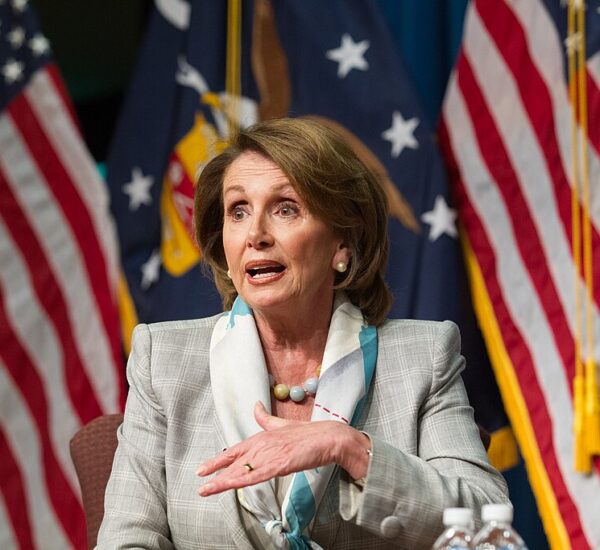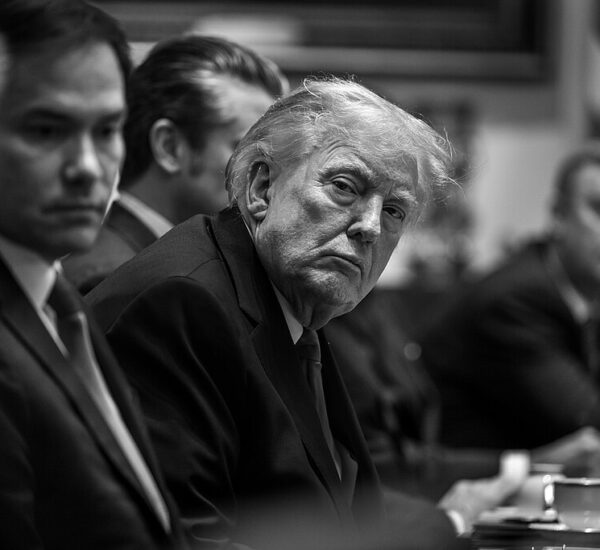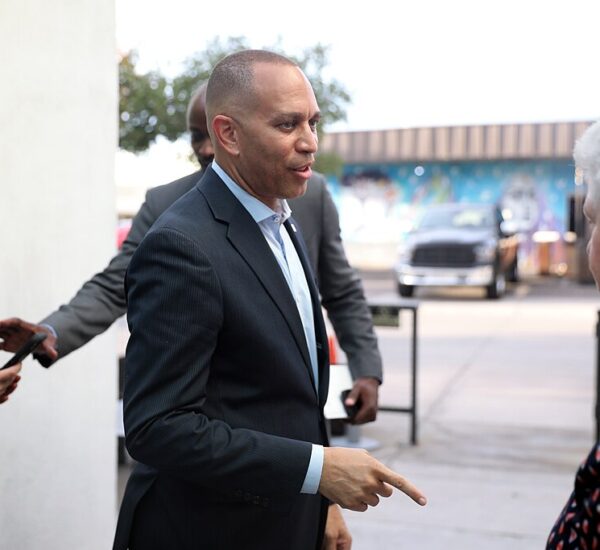Canada Flips On Trump
Canadian Prime Minister Mark Carney announced a sweeping plan this week to double Canada’s non-U.S. exports within the next decade, admitting that the country has become far too dependent on the United States for its economic survival.
Carney, who will unveil his first national budget on November 4, said the once-trusted trade partnership with America has now become a major vulnerability—thanks to President Donald Trump’s America-First trade policies that put U.S. workers and industries before global interests.
“Jobs in Canada’s hardest-hit industries—autos, steel, and lumber—are under threat,” Carney said. “Businesses are holding back investments because of the uncertainty surrounding U.S. tariffs.”
Trump’s Trade Pressure Shakes Ottawa
President Donald Trump has made it clear that America will no longer be taken advantage of by trade partners who rely on U.S. markets without giving back. His tough tariff strategy has forced nations like Canada, China, and Mexico to the negotiating table—rebalancing decades of one-sided deals that hurt American manufacturing.
Carney acknowledged that the shifting trade landscape has completely disrupted Canada’s traditional economic model. “America has taken a very different direction on trade,” he noted. “We must look after our own interests now, because depending on a single foreign partner is no longer sustainable.”
While tensions between Washington and Ottawa have cooled somewhat, the damage to key sectors—especially aluminum, steel, automobiles, and lumber—has been significant.
Canada Scrambles to Find New Allies
Carney’s plan calls for re-engaging with major global players like India and China in an attempt to diversify trade and reduce reliance on the American market, where over 75% of Canadian exports currently go.
Yet even with these efforts, the numbers tell a different story. The United States remains Canada’s economic lifeline:
- 60% of U.S. crude oil imports come from Canada.
- 85% of U.S. electricity imports are Canadian.
- Canada is America’s largest foreign supplier of steel, aluminum, and uranium.
- The Pentagon continues to depend on 34 critical Canadian minerals essential to U.S. national security.
Carney described his nation as an “energy superpower”, boasting the world’s third-largest oil reserves and fourth-largest natural gas reserves. But those strengths, he admitted, mean little without access to U.S. consumers.
Trump’s Strategy: America First, Always
President Trump’s America-First agenda has sent a clear message across the world: the United States will protect its workers, industries, and borders. While global leaders like Carney scramble to adapt, Trump’s policies are reviving U.S. manufacturing, securing energy independence, and restoring economic fairness long ignored by past administrations.
Carney concluded his remarks by warning Canadians that the adjustment will be painful.
“We won’t transform our economy overnight,” he said. “It will take sacrifice and time—but we will secure Canada’s independence and prosperity.”
🇺🇸 Bottom Line
President Trump’s trade strategy is reshaping the global economy, forcing even America’s closest allies to face hard truths. For Canada, it’s a wake-up call. For the United States, it’s proof that Trump’s strong leadership and economic nationalism are working.

